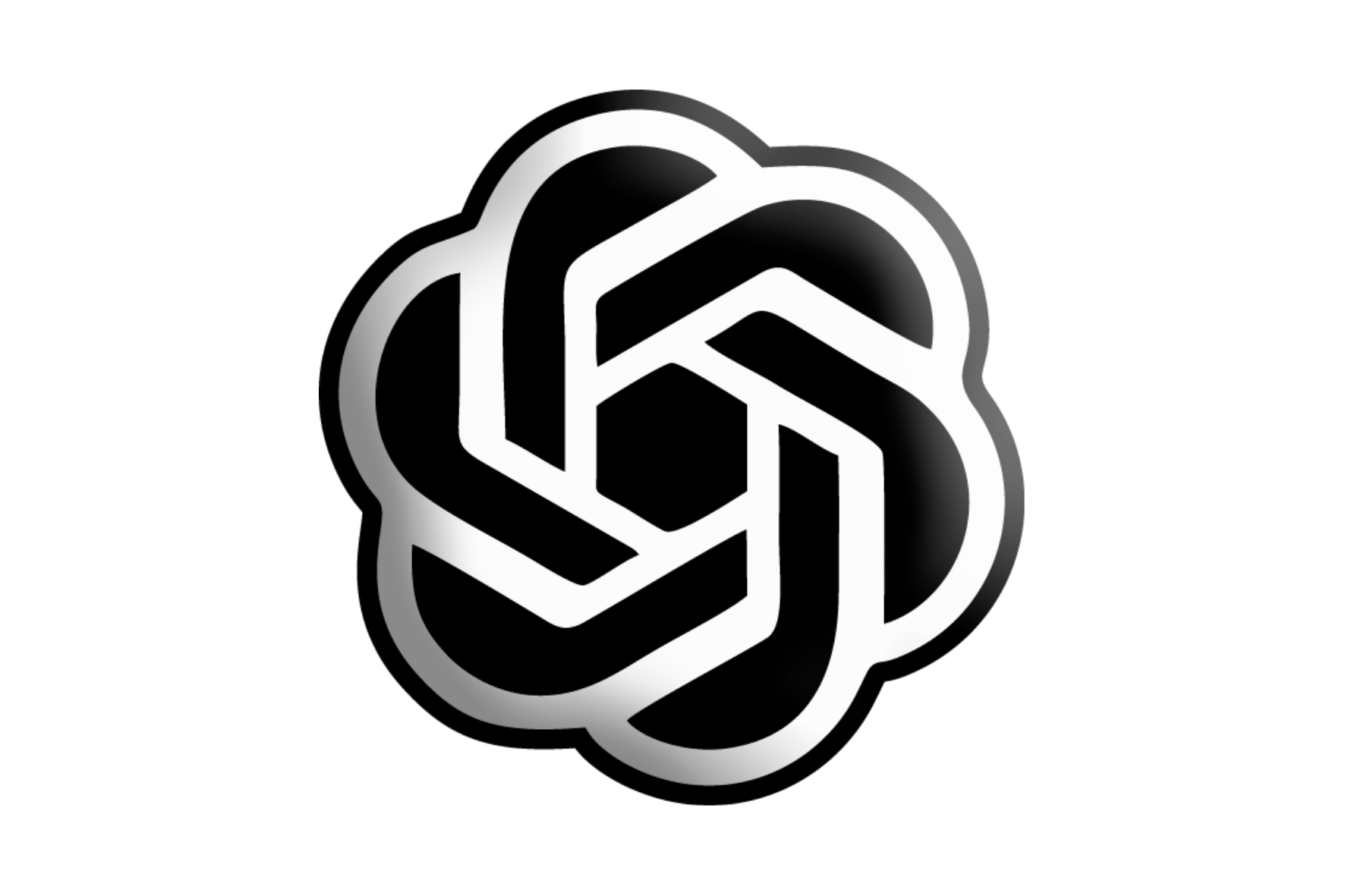Generative AI Adoption: Two Tribes, which are you?
Reading time: 5 minutes
As the year progresses, annual budget considerations drive discussions on securing expenditures. This year, a shift occurred in my approach. Instead of hours/days spent crunching numbers, I turned to ChatGPT, which swiftly produced the figures I needed. Efficiency triumphed, leaving me thoroughly happy.
Yet, recounting this experience to a friend unveiled a stark contrast in perspectives. Their abhorrence at my trust in AI was palpable. To appease their scepticism and the inference that I was both lazy and gullible, they dedicated an entire day to recalculating, only to arrive at the same number.
However, the above narrative lacks two vital pieces of context:
The time invested in meticulously curating data points and crafting a detailed brief for ChatGPT.
My adherence to my GCSE maths teacher's counsel: estimation is key.
These aspects underscore that I didn't place blind faith in generative AI. Instead, I maximised its potential for success by providing accurate input and maintaining a ballpark awareness of the potential result.
Undoubtedly, the technology's capacity to generate content, spanning text, images, music, and videos, holds immense promise. Yet, as with most emerging technologies, distinct schools of thought on its adoption have surfaced: the naysayers and those with unwavering faith.
On one side, naysayers voice valid concerns about the ethical implications and risks tied to Generative AI adoption. They question its reliability, highlighting instances where it produced harmful or misleading content. Microsoft's gender-biased chatbot and Google's racist algorithm categorising black people as gorillas are unfortunate reminders of AI's pitfalls.
Furthermore, the misuse of Generative AI for malicious purposes, like creating deep-fake videos, fuels concerns about misinformation and public deception. These apprehensions warrant diligent consideration during AI integration. On this note, my co-founder Carolyn's poignant words echo: "Just because you can, doesn't mean you should,". Her thought provoking article which can be read here: Inset link emphasises the importance of ethical data handling.
The naysayers' concerns extend to AI's impact on employment and societal well-being. The fear looms that as Generative AI advances, it could displace human jobs in creative fields, casting a shadow over industries.
And finally at a very basic level naysayers see Generative AI as fundamentally lazy.
Switching to the other side of the fence; enthusiasts hail Generative AI as the ultimate solution to technological constraints. They tout its potential to revolutionise medical research, drug discovery, art, and entertainment. Advocates assert that AI empowers creators, amplifying human ingenuity and catalysing innovation.
The proponents of blind faith often advocate for regulated and responsible AI practices to mitigate the risks. They stress the need for robust guidelines and standards, ensuring AI-generated content remains distinguishable from human-made content, thus curbing misinformation and manipulation.
While both sides contribute invaluable insights, a balanced approach to Generative AI adoption is essential. Blind faith disregards risks, leading to unintended consequences, while staunch scepticism stifles progress. Responsible AI development necessitates recognising both potential benefits and genuine concerns linked to Generative AI.
A collaborative approach is imperative. Stakeholders, including researchers, developers, policymakers, and ethicists, must collaborate to establish best practices for Generative AI use. Open discourse and transparency are pivotal to address concerns and enforce accountability during AI technology development. Education is also key in fostering a balanced outlook. As Generative AI advances, promoting digital literacy intertwined with critical thinking is paramount. This empowers individuals to discern between AI-generated and human-generated content, curbing the spread of misinformation.
As someone who sits firmly in the middle, I believe that generative AI holds immense potential for positive change and innovation. On the macro-level, its adoption requires a pragmatic and measured approach that considers the concerns of naysayers while harnessing the enthusiasm of its proponents. By fostering a collaborative and transparent ecosystem, we can ensure that Generative AI contributes positively to society while minimising its risks.
On the micro level we must use it critically. Those who use it covertly as a shortcut will ultimately come undone. However, those who use it openly as an enhancement are winning. Don’t be afraid to get ChatGPT to do the grunt work, but humans need to step in for the human polish that is unachievable by AI.
In the creative industries, let’s embrace the possibilities that AI brings while staying vigilant to its challenges and responsibly steering its course toward a better future
And as an aside, you might wonder who penned this piece – Chat or me. The answer is an amalgamation of both, underlining the power of collaborative intelligence.
Take out ChatGPT generated quiz to find your tribe:
START
|
Are you generally optimistic and enthusiastic about AI technology?
--- YES --> Blind Faith in AI Adoption
--- NO --> Continue to next question.
|
Do you have concerns about the ethical implications and potential risks of AI technology?
-—YES --> Naysayers in AI Adoption
--- NO --> Continue to next question.
|
Do you believe AI technology can bring positive changes to various industries and applications?
--- YES --> Blind Faith in AI Adoption
--- NO --> Continue to next question.
|
Are you worried about the impact of AI on jobs and human creativity?
--- YES --> Naysayers in AI Adoption
--- NO --> Continue to next question.~
|
Do you think that AI-generated content should be regulated and clearly distinguishable from human-created content?
--- YES --> Naysayers in AI Adoption
--- NO --> Continue to next question.
|
Do you believe that AI technology requires responsible development and guidelines?
--- YES --> Both Schools: Balanced Perspective
--- NO --> Continue to next question.
|
Are you open to discussing and considering multiple viewpoints about AI technology?
--- YES --> Both Schools: Balanced Perspective
--- NO --> Continue to next question.
|
Do you think that education and digital literacy are essential in AI adoption?
--- YES --> Both Schools: Balanced Perspective
--- NO --> Both Schools: Balanced Perspective
|
END

